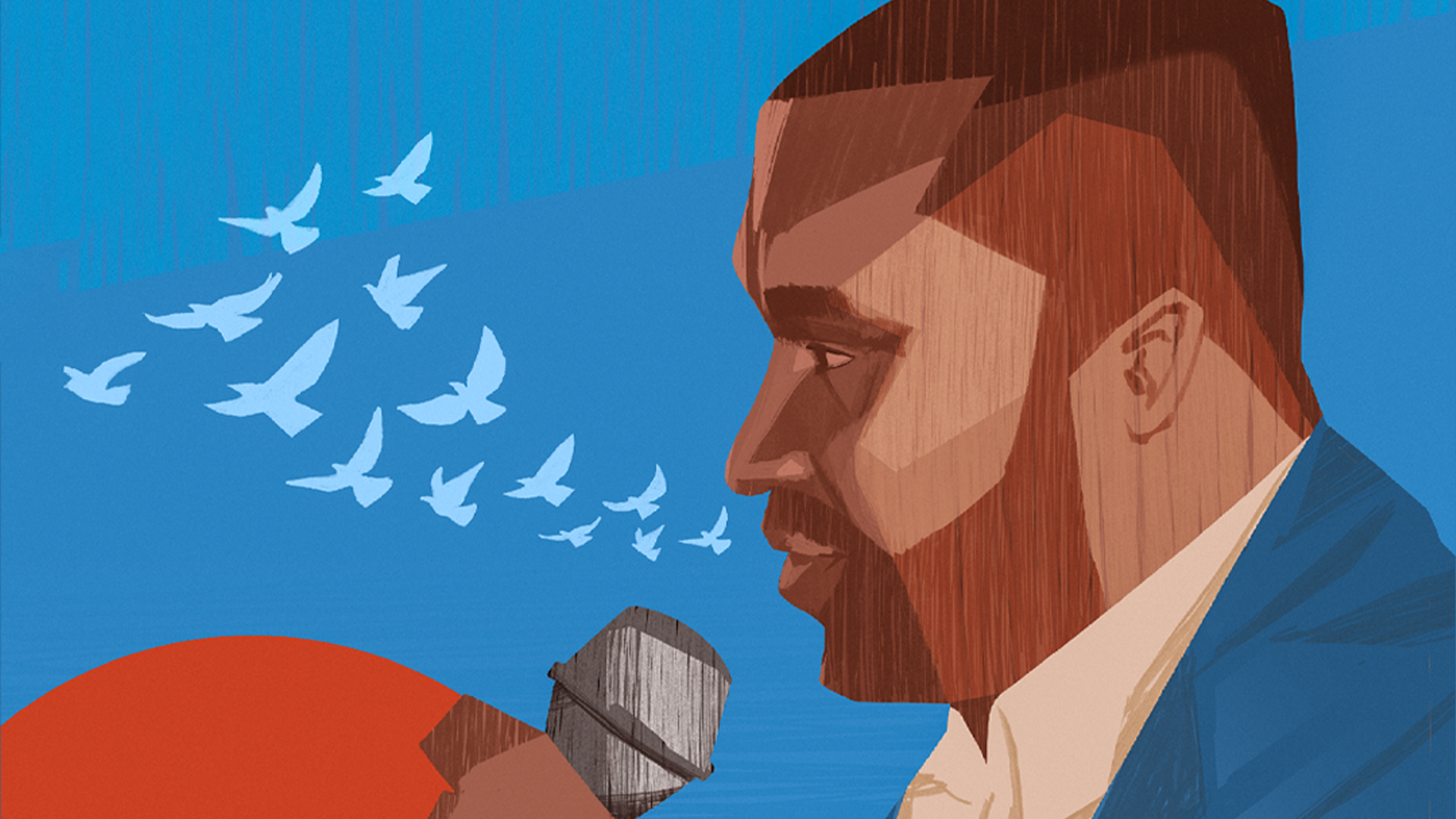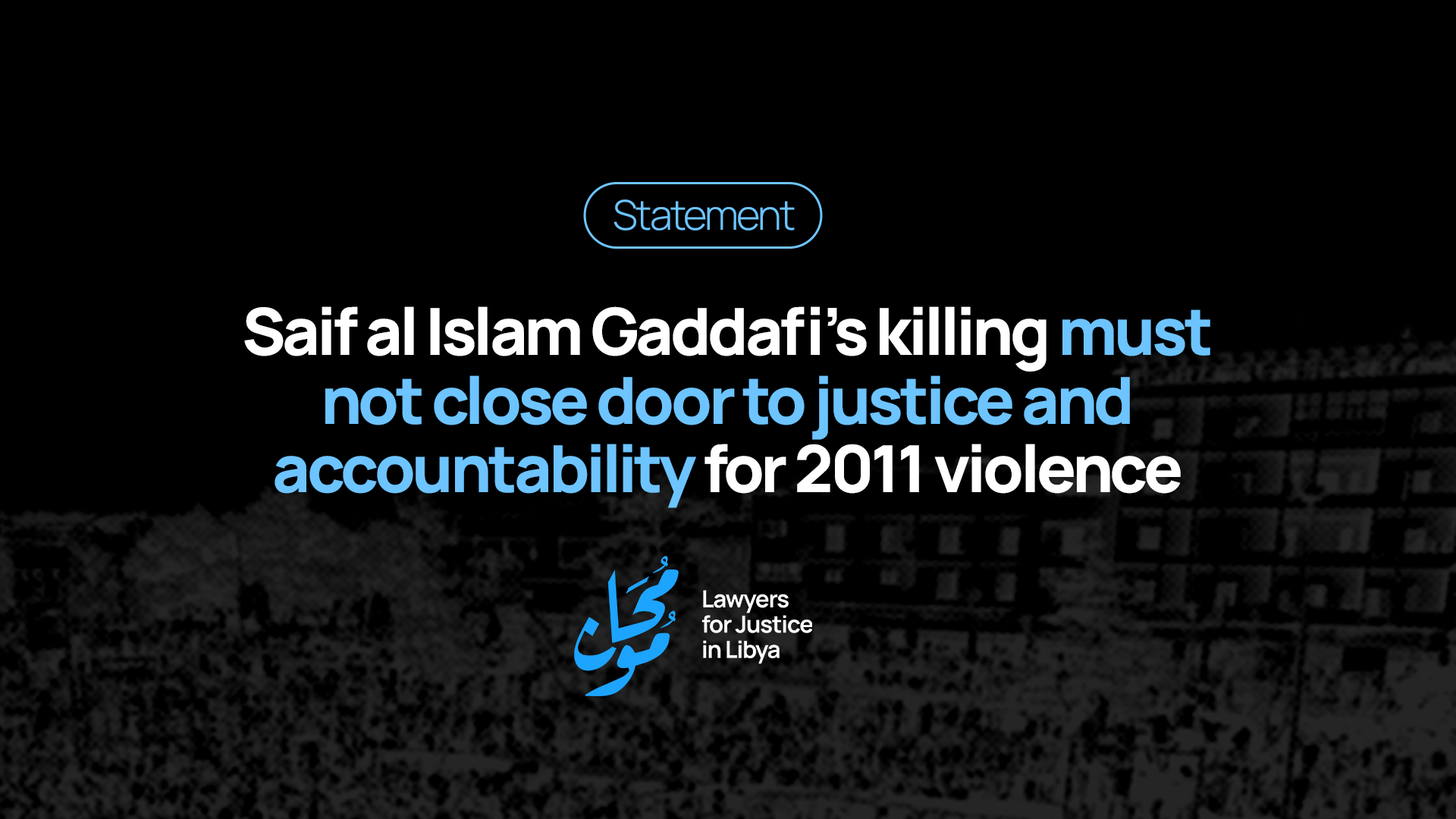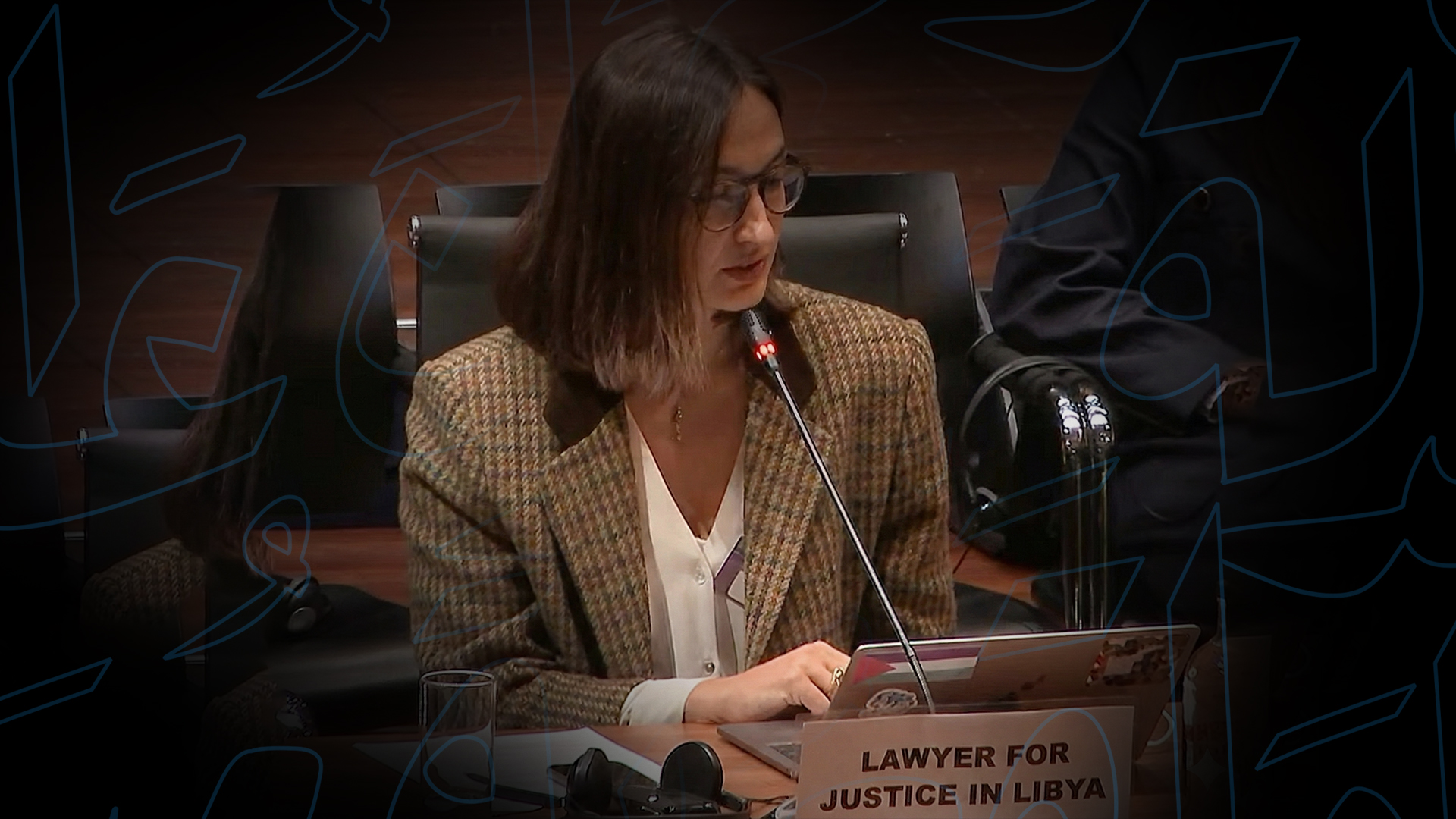The ICC’s new roadmap for Libya one year on
Statement ahead of the International Criminal Court UN Security Council briefing - May 2023
Today, the Prosecutor of the International Criminal Court (ICC or the Court), Karim Khan (the Prosecutor), will brief the United Nations Security Council (the UNSC) on his Office’s work on Libya, one year after the presentation of his updated roadmap for accountability in Libya.
Upon becoming ICC Prosecutor in June 2021, Khan was faced with an underwhelming record on Libya by his Office (the OTP). In May 2022, the OTP launched the new roadmap, presenting the opportunity to reverse a decade of little tangible results by the Court thus far. The roadmap made Libya a priority for his Office, in line with the UNSC referral of 2011.
One year on, how far has the OTP come in the implementation of the roadmap? LFJL assesses the roadmap’s key principles and asks what comes next.
Accelerating results through additional resources
The roadmap promised to allocate additional resources to Libya to accelerate progress in investigations, setting the development of new arrest warrant applications as a key benchmark in this process. A positive step in this direction, the Prosecutor’s 24th report – released six months after the roadmap launch – confirmed the recruitment of additional staff, including Arabic-speakers to support these efforts. The OTP also announced the submission of new applications for warrants of arrest to the Pre-Trial Chamber, on which the Prosecutor should provide clear updates in today’s briefing.
However, the 24th report also cited resource limitations as a persisting challenge. In a context of a deteriorating situation in Libya, as highlighted by the United Nations Fact-Finding Mission in Libya (FFM), the UNSC and its members states should ensure that the Court has adequate resources to further investigate the crimes that continue to be committed with impunity in Libya by a plethora of actors every day.
Moreover, arrest warrants alone do not achieve justice. The UNSC and UN member states should provide the Court with effective support in arresting wanted suspects and call on Libyan authorities to do the same.
Empowering victims and affected communities, and strengthening the relationship with civil society
The roadmap pledged to empower victims, witnesses and affected communities to “contribute concretely” to the work of the Court, including through the development of “coordinated outreach programmes”. To this end, the OTP’s 24th report highlights a “near-continuous presence” in the region and the provision of psychosocial and protection support to witnesses and survivors. These steps can go a long way in strengthening the OTP’s engagement with victims and affected communities.
However, it is not clear to what extent the OTP is collaborating with other Court organs, such as the outreach and victim participation sections. This is needed to ensure that victims are informed about their rights under the Rome Statute and are not only engaged as potential witnesses in investigations, but also as rights-holders. Such collaboration is vital to ensure that victims’ rights under the Rome Statute are fulfilled, including the possibility to participate in potential future proceedings.
According to the roadmap, the OTP’s enhanced field presence was also meant to foster the OTP’s communications with Libyan civil society organisations, in line with the Prosecutor’s wider stated commitment to strengthen engagement with civil society across all contexts.
Yet growing reprisals and draconian regulations imposed by the Libyan authorities increasingly put at risk the very existence of civil society operating inside Libya, and those attacking civil society are often the same actors who commit grave crimes under the jurisdiction of the Court. The members of the UNSC itself expressed the importance of establishing a safe environment for civil society in a recent statement. The upcoming briefing should be an occasion for the Prosecutor and the UNSC to strongly reiterate this call and expressly demand that Libyan authorities immediately cease the ongoing crackdown.
The OTP should also establish adequate protection measures for civil society organisations that face risks because of their engagement with the OTP.
Strengthening cooperation with Libyan national authorities
Another key principle of the roadmap focused on strengthening cooperation with Libyan national authorities for an “effective implementation of the principle of complementarity.” Accordingly, the Deputy Prosecutor conducted an official visit to Libya in June 2022, followed by another visit by the Prosecutor in November 2022, during which he also met with Khalifa Haftar, commander of self-styled armed group the Libyan Arab Armed Forces (LAAF) and allegedly one of the most responsible for international crimes in Libya. This put into question the Court’s impartiality, and the OTP’s sincerity in seeking to deliver justice for victims.
There is little to show that Libyan authorities currently have the capacity or the will to hold perpetrators accountable in Libya as demonstrated, for example, by the authorities’ crackdown on civil society who at the forefront of accountability efforts. The OTP should critically assess its partnerships with national authorities. The Prosecutor and the UNSC should demand genuine cooperation by Libyan authorities beyond welcoming official visits, to include tangible efforts to secure the arrest and transfer of suspects to the Court and creating an enabling and safe environment for civil society.
Cooperation with third States and international organisations
In accordance with the roadmap’s commitment to cooperate with third States, international and regional organisations, the OTP officially became a full member of a Joint Team investigating crimes against migrants, together with Europol and authorities from multiple European counties in September 2022. The work of the joint team resulted in the extradition of two suspected traffickers to the Netherlands and to Italy in October 2022, which has been hailed by the Prosecutor as a success in tackling crimes against migrants and refugees in Libya.
The Prosecutor should use the upcoming briefing to clarify the OTP’s own progress in investigating crimes against migrants and refugees in Libya – one of the investigative priorities set out in the roadmap – and to confirm that his Office is carrying out an investigation into these crimes with a view to their prosecution before the Court. The key FFM finding that Libyan authorities collude with traffickers in the exploitation of migrants highlights the importance of the ICC to investigate and prosecute those most responsible for Rome Statue crimes committed against migrants and refugees before the Court.





